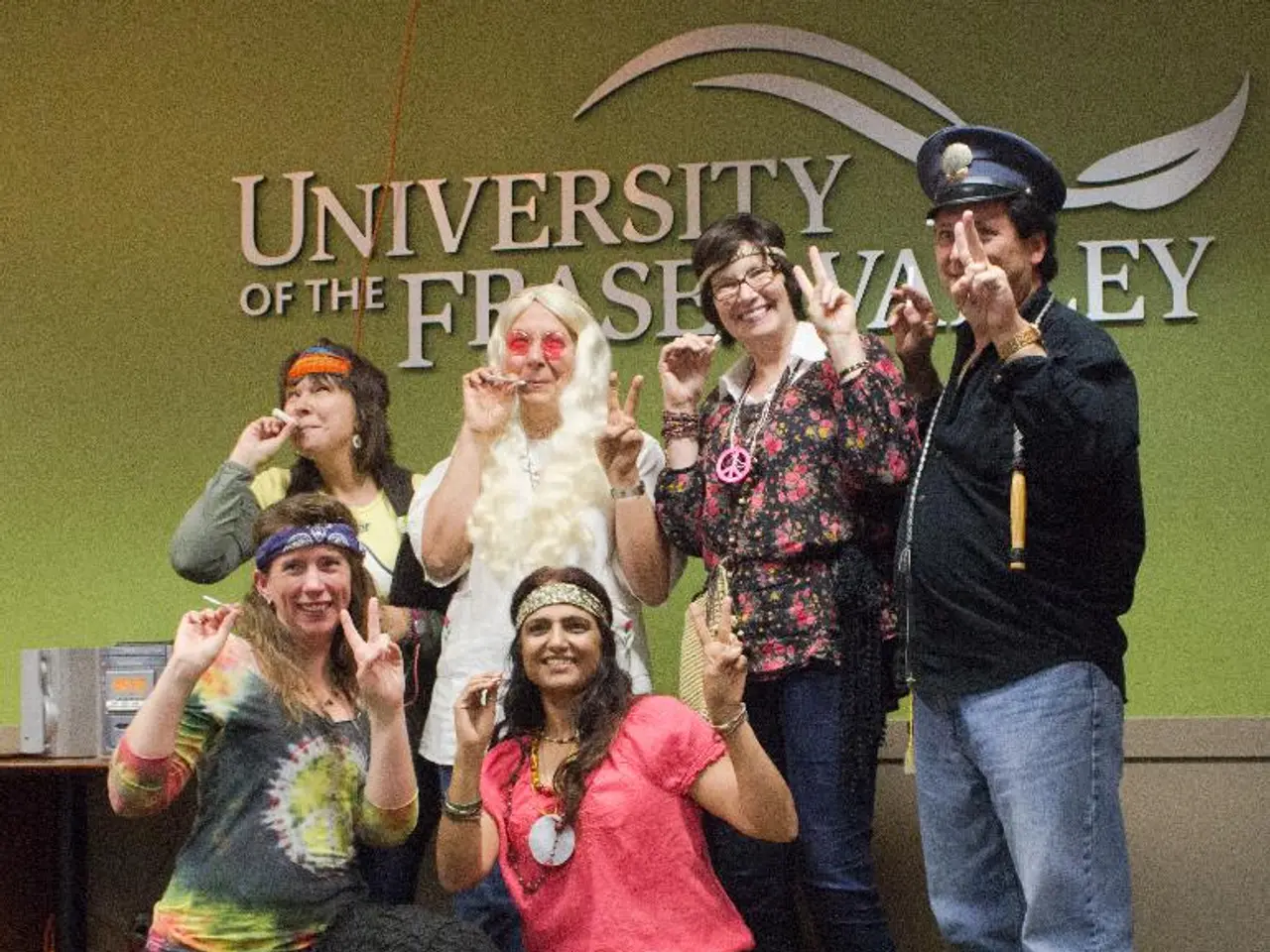Living Frugally Leads to Increased Happiness and a Stronger Sense of Purpose, According to Voluntary Simplicity Advocates. Understanding Voluntary Simplicity.
A recent study published in the Journal of Macromarketing has shed light on the relationship between voluntary simplicity, frugality, and happiness. The research, conducted by a team of researchers at the University of Otago in New Zealand, surveyed over 1,000 participants representing a cross-section of age, income, and gender.
The study found that people who consciously choose to live simply and frugally—focusing on consuming less and valuing meaningful experiences over material possessions—tend to report higher levels of happiness and wellbeing. This greater happiness is largely linked not just to owning less, but to increased social connection, a stronger sense of purpose, and living in alignment with one’s values.
The Interplay of Voluntary Simplicity, Frugality, and Happiness
The researchers found that voluntary simplicity involves a deliberate choice to live with enough rather than more, emphasizing practices like frugality, sharing resources, and resisting consumerism. This choice, in turn, leads to improved psychological wellbeing. Frugality forms part of voluntary simplicity, where spending less and valuing essentials allows people to reduce financial stress and focus on relationships and community, which are important for wellbeing.
The wellbeing benefits are not primarily from material austerity alone but come from fulfilling emotional and social needs such as community building, sharing skills, and having a meaningful life purpose. Research differentiates two aspects of wellbeing improved by simplicity and frugality: hedonic wellbeing (life satisfaction and pleasure) and eudaimonic wellbeing (purpose, growth, value-driven living), both of which tend to be higher in those practicing voluntary simplicity.
Countering the Consumer Culture Narrative
The study's findings build on years of research showing that the pursuit of wealth and material goods often fails to deliver the happiness it promises. The timing of the research feels especially poignant in a world where billionaire weddings are treated like state occasions and private yachts are the new status symbols. Voluntary simplicity offers a quiet, powerful counter-narrative that values enough over excess, connection over consumption, and meaning over materialism.
The research reinforces the idea that money is a necessary, but not sufficient, condition for happiness. Once basic needs are met, additional income offers only modest gains in life satisfaction. The study found that low life satisfaction was primarily concentrated among households earning less than $30,000 annually in New Zealand. Beyond that, happiness gains were less tied to income and more to what people did with their time and resources.
The Joy of Simple Living
The study found that people find joy in smaller, more communal things like time with loved ones, local gardens, shared tools, peer-to-peer networks, and the quiet dignity of living by one's values. Embracing simplicity promotes mental focus, quality time, peace, and environmental consciousness, which enhance joy beyond material gains.
The study does not call for an end to capitalism or consumer culture, but instead offers a reminder that fulfillment may lie not in having more, but in needing less. The study suggests that systems that encourage connection, cooperation, and purpose-driven living can foster wellbeing more effectively than those that push consumption for its own sake.
In sum, voluntary simplicity and frugality are intertwined lifestyle choices that foster happiness by promoting meaningful social connections, personal growth, purposeful living, and peace of mind far more consistently than the accumulation of wealth and possessions.
[1] Journal of Macromarketing [2] The Conversation [3] The Guardian [4] Fast Company [5] Forbes
- The study published in the Journal of Macromarketing reveals that science indicates a connection between voluntary simplicity, frugality, and healthier lifestyles, as these choices can reduce financial stress, increase social connection, and foster personal growth.
- As the research in the Journal of Macromarketing points out, personal-finance and lifestyle choices, such as embracing voluntary simplicity and frugality, can lead to improved wellbeing and eudaimonic wellbeing, which includes purpose, growth, and value-driven living.
- In light of the study published in the Journal of Macromarketing, the future of finance and lifestyle may revolve around systems that encourage connection, cooperation, and purpose-driven living for enhanced wellbeing, rather than pushing consumption as an end in itself.




